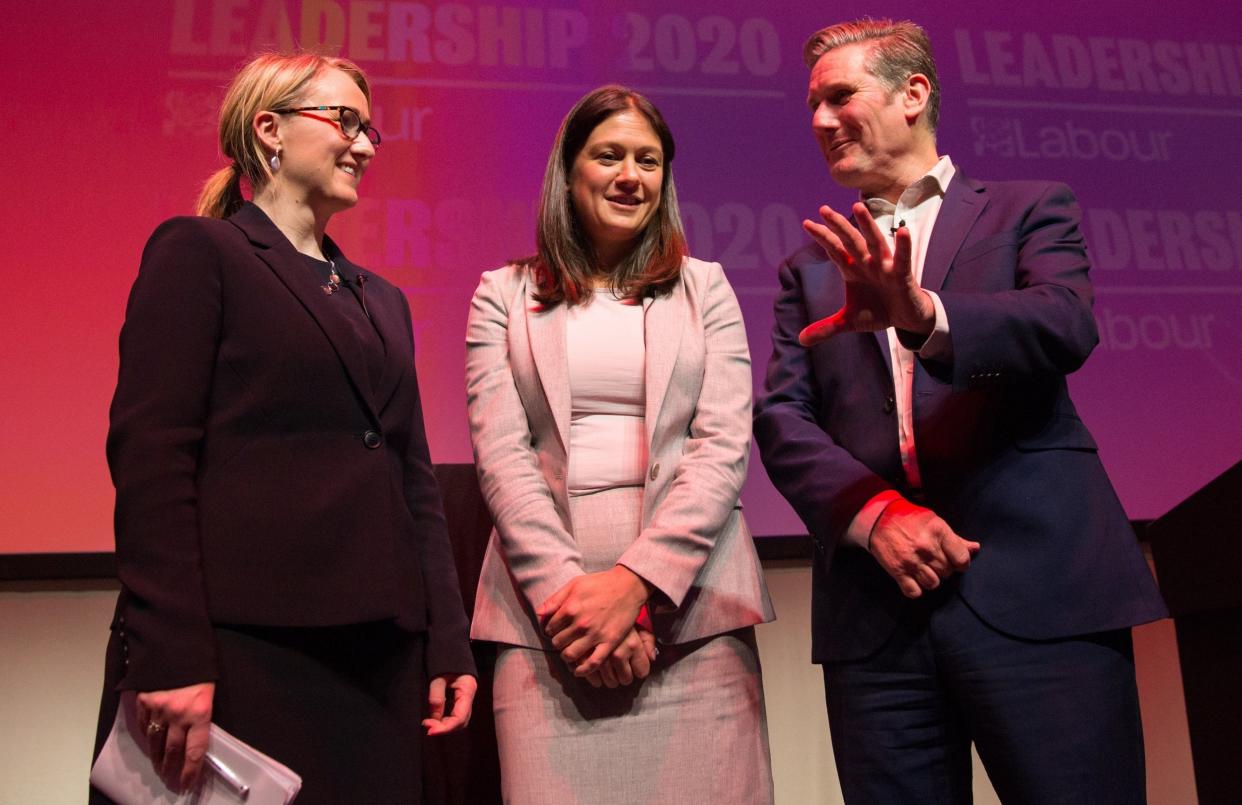Labour needs to stop focusing on fringe issues if it wants to win back the country

The Labour Party is going through a midlife crisis. After enduring its worst electoral defeat since the 1930s, it is struggling to find its identity in a post–Brexit United Kingdom. As party members and activists begin the soul searching that will be crucial to its future, the media spotlight on the Labour leadership election has exposed the gulf between average voters and Labour activists.
Nothing illustrated this gulf better than the 2018 Labour Party Conference, when a debate about the Israel Palestine conflict - a territorial conflict three thousand miles away from the UK – was prioritised by members over a debate about the social care crisis. This example doesn’t exist in isolation: such a choice is symptomatic of a party dominated by fringe movements that speak a language most voters don’t understand. It’s fair for political activists to be concerned about human rights and international affairs. But why would users of food banks, and victims of Tory austerity, care about Palestine? Or Venezuela?
Usually, fringe debates and movements remain on the margins of our politics. Few in the general public care whether you’re a Trotskyite or a Stalinist, or whether the Bolivian bus system works smoothly. In some cases, it is true that fringe movements can have a positive impact on policy, but it is also true that they seldom reach outside their political bubble. But all this has changed in the last two months.
The Labour leadership election has brought fringe topics to the national stage, and debates previously exclusive to twitter are now discussed on national television. In the last week alone, Lisa Nandy has claimed that she would vote to abolish the monarchy in any referendum on the matter – a stance that is likely to be popular with the Labour membership, but is at odds with the 80 per cent of British citizens that, according to YouGov, have a positive view of the Queen. To some extent, this kind of appeal to an ideological minority is an inevitable outworking of the party system.
Labour Party members are not average voters, and leadership candidates need to win over the hearts and minds of its hardcore activists before they have the opportunity to take on the political establishment in Westminster.
But the media spotlight on these issues presents the Labour Party with a problem. If it is to win future elections, it must confront the reality that these fringe, self–aggrandising movements do nothing but damage Labour’s reputation nationally. Whoever becomes Labour leader in April will inevitably have an uphill battle for this very reason. Not only is Labour coming to terms with one of its worst electoral defeats in the Party’s history, the leadership election’s amplification of party infighting over peripheral topics has supplied the Conservatives with plenty of comedic ammunition. It will be phenomenally easy for the Conservatives to mock a party that is obsessed with debates about colonialism, gender identity and the Palestinian right of return. These are topics that are important, particularly to minorities, but appear irrelevant to the many voters who struggle to make ends meet.
Bread and butter policies will win back the Labour heartlands, but Labour must also stay true to its values. It must walk the tightrope of being electorally appealing while continuing to combat the nationalism and nativism that has become a staple of modern British politics. Principled and bold leadership will be key. The left is perceived as anti–British, self hating and anti–West. If it is to win again, Labour must rid itself of these perceptions. It can best do this by forging a new leftist British identity based on the positives of liberal democracy, individuality and the benefits of diversity.
The Labour Party should learn from the mistakes of the remain campaign, whose descent into political obscurity tells us what happens when political movements patronise voters. In this period of heightened racial tensions, the left should declare racism and injustice anti–British values. As one of the world’s oldest democracies, we have a moral imperative to stand against the erosion of British people’s rights. The country of magna carta, under this Conservative government, has become the country of forced deportation of long term British residents to Jamaica, of threatened political interference in our judiciary and of Downing Street aides who believe in eugenics. With our tradition of liberal democracy, is there anything more anti–British than these rejections of individual rights?
The Labour Party’s midlife crisis must end soon, but the party’s survival will depend on the way this happens. Bridging the gap between party and country will be crucial to Labour’s future. If the Labour Party can reorientate itself as the party of British liberal democracy, and dispel the reek of fringe hobbyist movements, it may win again. The alternative is that Labour spends an eternity confined to the margins, amid right wing cries of “virtue signaller!”, while the public suffers under the Conservative rule it voted for.
Read more
Keir Starmer’s performance has gone from hopeful, to utterly hopeless
Labour leadership hopefuls urged push for proportional representation
Labour leadership candidate would abolish monarchy
Long-Bailey vows to make it illegal for refuges to exclude trans women


